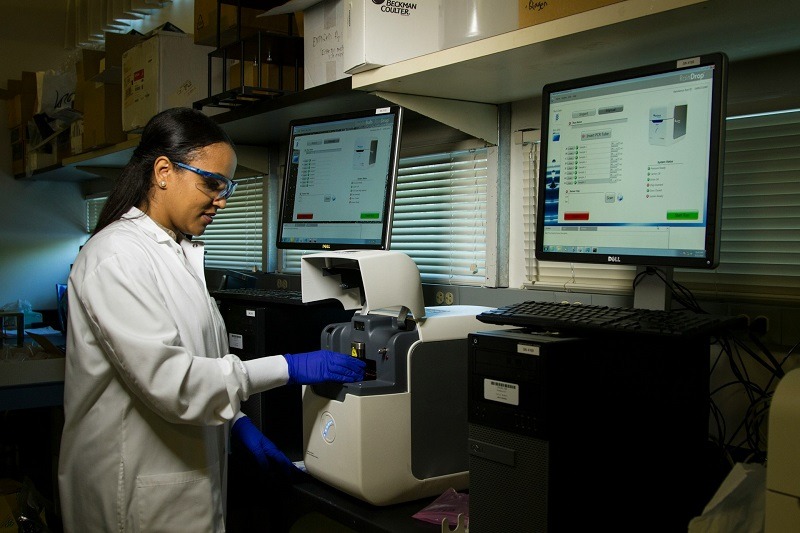Conduit Pharmaceuticals has announced a partnership with Charles River Laboratories to assess AZD1656 as well as its derivatives in a Systemic Lupus Erythematosus (SLE) model.

The partnership enables the company to succeed as it prepares for its upcoming Phase II trials. Credit: National Cancer Institute on Unsplash.
Subscribe to our email newsletter
It also focuses on developing the candidate targeting other autoimmune disorders like Lupus Nephritis (LN).
The partnership underscores Conduit’s commitment to creating high-quality preclinical data, which will play a vital role in refining the development path for its clinical programme in the autoimmune field.
It enables the company to succeed as it prepares for its upcoming Phase II trials.
Utilising Charles River’s immunology and preclinical research “expertise”, the company is set to optimise the parameters of the trial and develop data to assess its lead compound.
This comprehensive study is pivotal to Conduit’s development strategy, offering required data to de-risk future trials.
The primary focus is on understanding the therapy’s impact on disease progression in lupus, evaluated through typical disease progression readouts.
Additionally, the trial is set to explore the drug’s impact on pro-inflammatory cytokine levels and inflammatory markers, crucial for comprehending its impact on Treg immunoregulation.
By the early collection of this data, Conduit intends to “optimise” its Phase II trials, aiming to minimise development timelines and increase the drug’s therapeutic potential.
These are expected to not only strengthen Conduit’s primary asset’s scientific foundation but also to improve its value for potential out-licensing opportunities.
Conduit Pharmaceuticals CEO Dr David Tapolczay said: “We are excited to collaborate with Charles River, a global leader in drug discovery and early-stage drug development.
“Their expertise in immunology and research will provide Conduit with critical insights and allow us to refine our study design, improve the quality of our data, and ultimately increase the likelihood of clinical success.”
 Advertise With UsAdvertise on our extensive network of industry websites and newsletters.
Advertise With UsAdvertise on our extensive network of industry websites and newsletters.
 Get the PBR newsletterSign up to our free email to get all the latest PBR
news.
Get the PBR newsletterSign up to our free email to get all the latest PBR
news.

